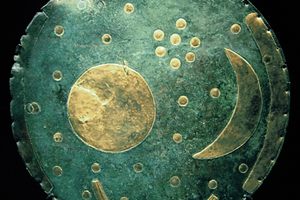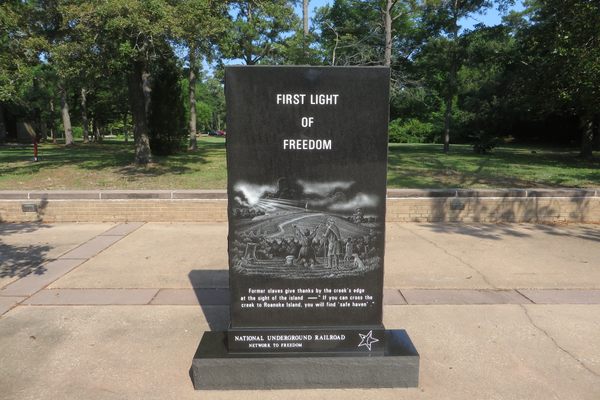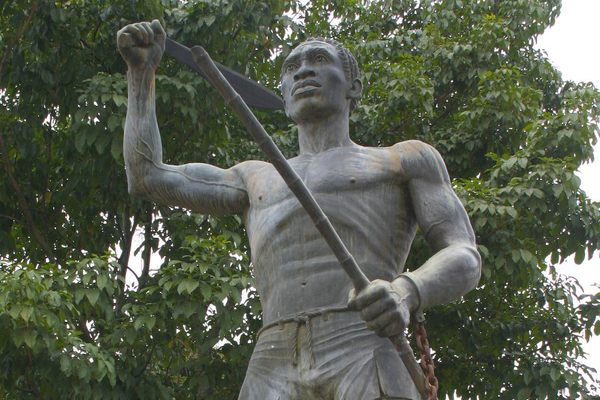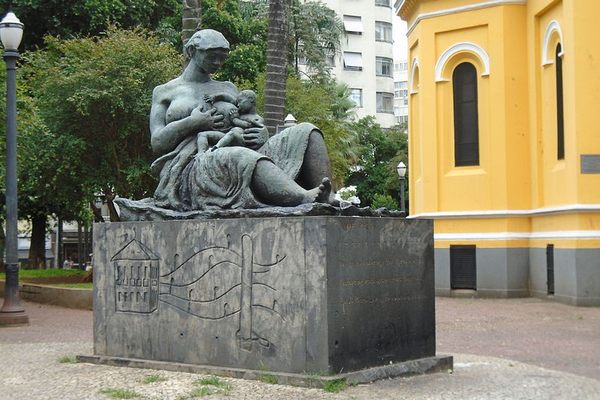About
Born in present-day Ghana as a member of the Nzema tribe, Anton Wilhelm Amo was kidnapped at a young age by Dutch slave traders and brought to Europe in the early 18th century. He was meant to be a "Kammermohr" to Duke August Wilhelm of Braunschweig-Wolfenbüttel, a term in German-speaking regions in the colonial era to describe black servants from Africa or other "exotic" regions kept as status symbols at royal courts.
But instead of accepting his destiny as a servant, Amo proved to be a very intelligent young man with a barrier-breaking future ahead. He became the first person of African descent to attend and teach at a university in Germany, and one of the first black philosophers in colonial-era Europe. Yet despite these accomplishments, Amo remained almost forgotten in history until modern historians uncovered his stunning biography.
At the German court, Amo gained respect for his bright mind, and even though he was not a free man he received the rare opportunity of a classical education at the University of Halle. In 1727, he became the first (and for about 220 years, the only) African student to enroll at a German university. After his studies in philosophy and law, he shined in a remarkable public disputation (a sort of pre-modern Ph.D. defense) on "the rights of Africans,” questioning slavery as being contradictive to the principles of the enlightenment.
He went on studying natural sciences, medicine, philosophy, language, and the arts during the 1730s, and eventually made a career as an academic philosopher debating against the dualism of body and soul. The polyglot worked as a successful lecturer and published several philosophical works that were well noticed during his time.
Unfortunately, after Duke August Wilhelm died, Amo became more and more isolated in the academic community and suffered from growing racist resentments. In 1746, he asked the Dutch East India Company for a free return to Ghana, which was permitted. It remains unclear what happened to Amo back home. Some sources say he died as a lonely outsider, others claim that he was praised by locals as a wise man and fortune-teller.
In 1975, Halle University decided to honor its former student and professor by placing a plaque recognizing Amo, next to a bronze sculpture erected in 1965 in the yard of the Robertinum archeological museum, near the faculty of law. A university commission found that the "proximity of the bronze plaque to the bronze sculpture "Free Africa" (1965) by Gerhard Geyer (1907-1989) still creates a problematic and misleading connection between the re-traditionalized black-figure couple and the Afro-German academic Amo" and recommended clearer distinction between the two. Amo's life and work are also recognized through the “Anton Wilhelm Amo Prize” awarded by the university to outstanding students and graduates.
Related Tags
Know Before You Go
The plaque is located on the lawn behind the Robertinum museum of archeology off Universitätsplatz, next to the sculpture "Free Africa". It is accessible without any restrictions all year long.
Published
April 15, 2019

























